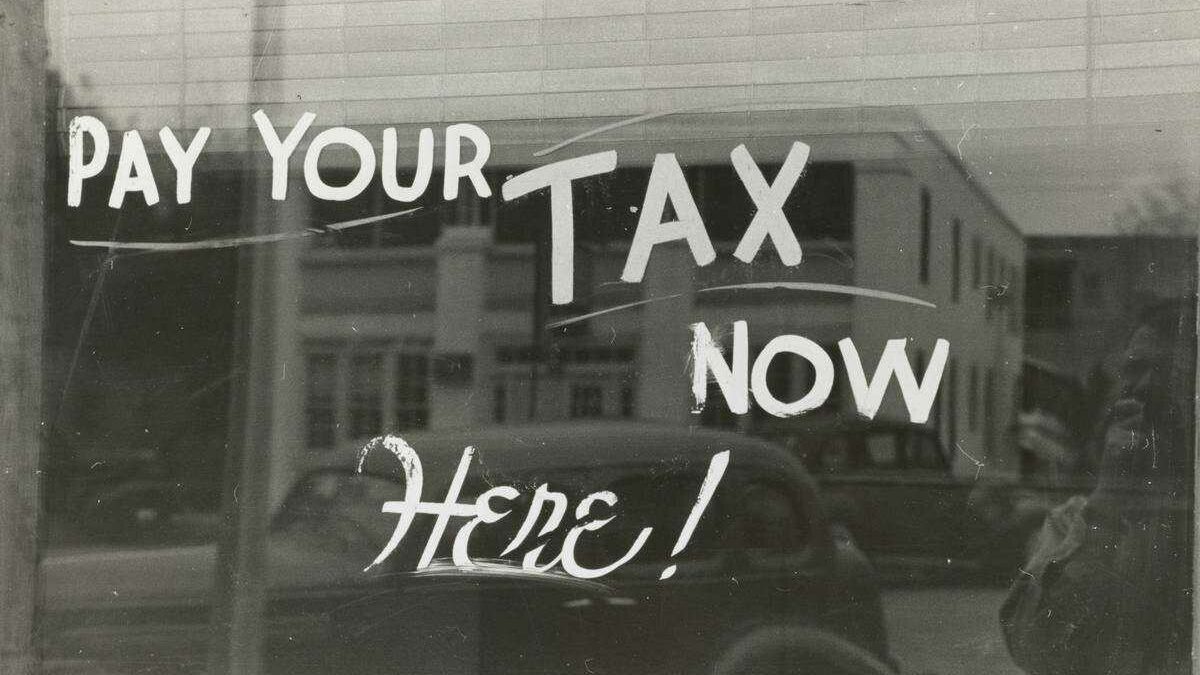Australians preparing to file their own tax returns have until Thursday, October 31, to submit. However, CPA Australia is urging taxpayers not to rush, as errors could result in penalties or fall victim to scams.
Scammers targeting rushed filers
Jenny Wong, CPA Australia’s Tax Lead, emphasized the dangers of last-minute submissions. “Missing the deadline could lead to penalties, and rushing can open the door for scammers offering false promises of quick refunds.”
Wong recommends that those who haven’t lodged yet take time to gather all necessary documents and consider using a registered tax agent for expert advice—especially if their finances are complex. Tax agents can extend the deadline if you’re registered with them by the end of October.
Don’t rush – Avoid costly mistakes
Wong warns that submitting inaccurate returns or copying deductions from previous years could result in unfavorable outcomes. For those lodging through myGov, checking pre-filled information and making necessary adjustments is crucial.
“The more complex your finances, the more beneficial it is to consult a registered tax agent like a CPA. They ensure your return is accurate, and you’ll have more time to submit,” Wong advises.
Missed the deadline? Act quickly
If you miss the October 31 deadline, Wong recommends contacting the ATO immediately. “They may consider your circumstances and not impose a penalty if this is your first late lodgement.”
Beware of tax scams
Wong also highlights an increase in scam activity as the deadline approaches. Taxpayers should be cautious of unsolicited emails, texts, or social media messages claiming to be from the ATO, offering help or refunds. “If an offer seems too good to be true, it probably is,” she cautions.
How to spot tax time scams
Distinguishing between legitimate and scam messages from the ATO is becoming increasingly difficult, however there are signs.
Look for any grammatical errors or unusual language in emails or SMS messages.
The ATO has removed hyperlinks in unsolicited SMS messages to make it easier for people to spot real messages from the fake ones. If you see any links in an SMS or QR codes in a message claiming to be from the ATO, this will be a scam.
When it comes to emails, check the sender’s address. Anything unusual is a red flag. If the address includes the acronym ATO or Australian Taxation Office in full, look for subtle anomalies like using a number, adding extra letters, or even removing a letter.
Be wary of anyone making unexpected requests for personal or financial information, especially if they claim it’s urgent. The ATO will never ask for passwords, account numbers or other sensitive data by email or SMS.
If you see a social media account claiming to be the ATO or myGov, look for the official logo and profile verification, such as the blue tick on Facebook and Instagram or grey tick on X.
The ATO will never discuss your personal ATO account on any social media platform, including private messages. If this ever happens, block and report the account by taking a screenshot and sending it to reportscams@ato.gov.au
If you’re still unsure, you should always verify if the contact is legitimate by contacting the ATO on 1-800-008-540 or by visiting the verify or report scam page on the official ATO website.
“Scammers take advantage of any situation, and at tax time that means targeting unsuspecting individuals through unsolicited messages claiming to be the ATO or another reputable organisation – known as ‘phishing’ scams,” says CPA Australia spokesperson Gavan Ord.
“These messages trick individuals into acting quickly and letting their guard down on the promise of financial gain or by convincing them they have done something wrong and need to rectify the situation quickly to avoid penalties. These scams prey on our natural instincts, which is why we need to stop and think before we click any links or give over any personal information.
“If in doubt, always stop, think, and don’t share any personal information, including your tax file number or bank details.”
Young Aussies being caught out
The ATO says that young Aussies aged 25-34 have been most likely to inadvertently share personal information to ATO impersonation scammers but everyone is a target.
“It can be hard for anyone to spot tax time scams and the fact that young, tech savvy Aussies are most likely to be the victim of ATO impersonation scammers should be a wake-up call to everyone,” said Mr Ord.
“It’s definitely a good idea to check in with elderly and vulnerable family and friends to make sure they are aware of common scam types, but also remain vigilant yourself. It only takes a momentary lapse in judgement to be a victim.”
Keep up to date with our stories on LinkedIn, Twitter, Facebook and Instagram.
As Halloween looms, so does the tax deadline. Are you prepared to avoid penalties and scams? News, Tax Dynamic Business









